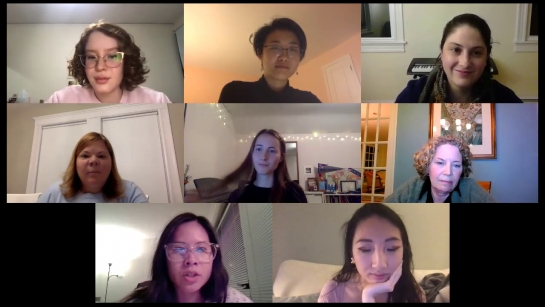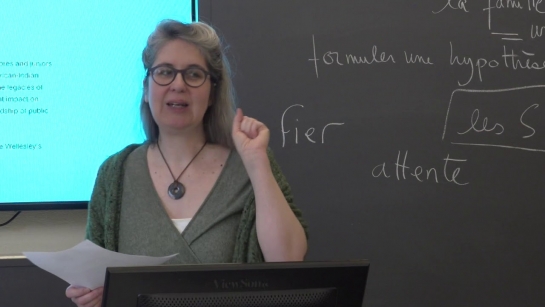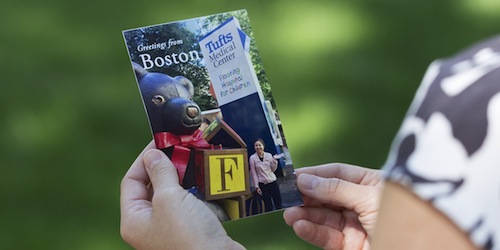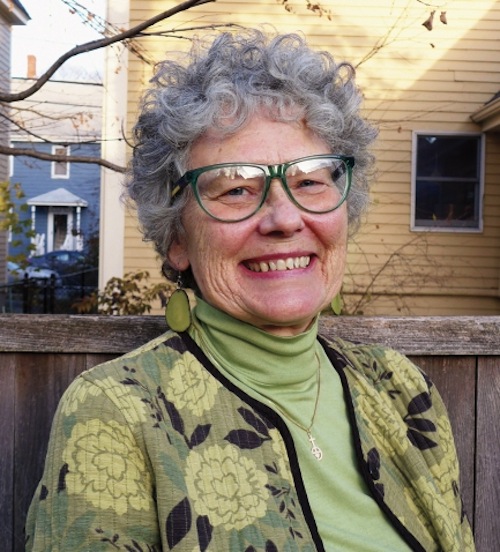“I previously had dreams to be an author, but found myself called by the combination of logic, mystery, and truth in science.”
Ronald E. McNair Scholars Program at Wellesley College (sophomores and juniors)

The McNair Scholars Program is a federal TRIO program funded at 187 institutions across the United States and Puerto Rico by the U.S. Department of Education. McNair participants are first-generation college students with financial need, and/or members of a group that is traditionally underrepresented in graduate education and have demonstrated strong academic potential. The goal of the McNair Scholars Program is to increase graduate education for students from underrepresented groups. At Wellesley, the McNair Scholars Program is STEM focused, and applications are typically due in November each year.
“Medicine is about studying how life works, but the practice of medicine is also learning about life through other people. I have appreciated the opportunity to experience both this summer.”
Mellon Mays Undergraduate Fellowship (sophomores and juniors)

The Mellon Mays Undergraduate Fellowship Program (MMUF) was founded to increase diversity among minority faculty scholars in higher education. MMUF supports underrepresented minority students and others who have demonstrated commitment to eradicating racial disparities in academia by encouraging talented students to develop their academic interests, pursue and complete their doctoral training, and thrive in their faculty careers in higher education. With funding from the Andrew W. Mellon Foundation, MMUF undergraduates are able to conduct original undergraduate research in the humanities and social sciences. Campus deadline annually in March
Resources for Underrepresented Students and Alumnae Applying to Health Profession Schools
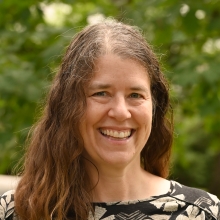
A crucial topic in healthcare today is how to eliminate inequities in the quality and availability of medical care for ethnic, racial, social, and economic minorities. There is an urgent need to increase both the diversity and cultural competence of our health care workforce.
“She said, ‘If you could do anything in the world, what would you be?’ I immediately said, ‘A nurse, but it’s too late.’ She said, ‘No it’s not.”



